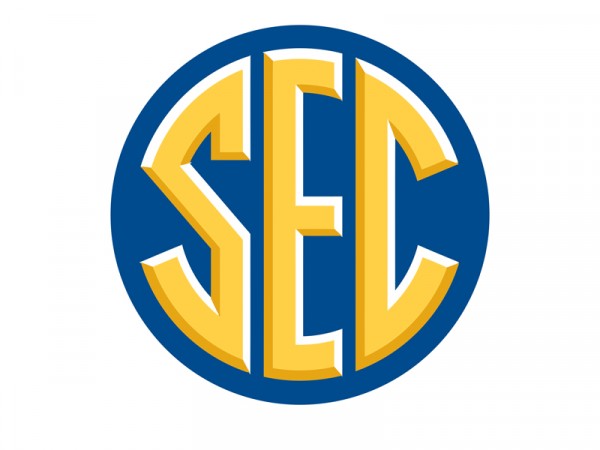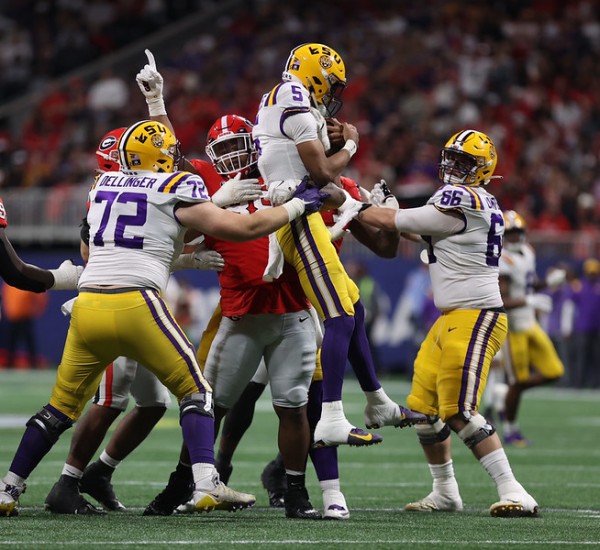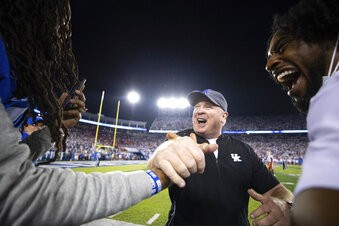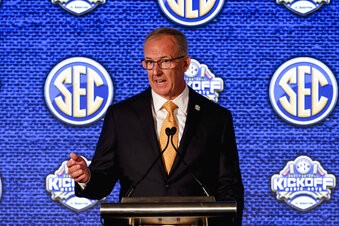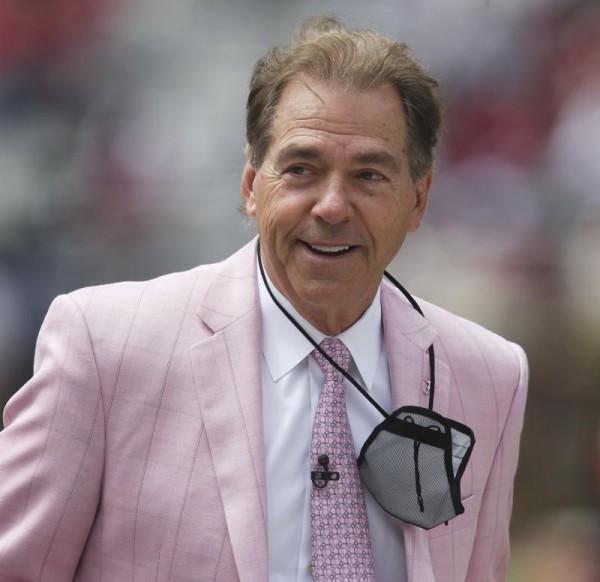After the boards of regents for the universities of Texas and Oklahoma voted Friday to accept invitations to the Southeastern Conference, the league announced the Big 12 rivals would start competing in the SEC in the fall of 2025.
“This is a move for stability and preservation and propagation,” OU President Joe Harroz said. “We believe this move is not just best for OU, we believe this move is best for our state.”
The SEC voted to extend invitations to Texas and Oklahoma on Thursday. For now, the schools' arrival is four years out.
Texas and Oklahoma are bound to the Big 12 and its other eight members by a media rights agreement through the 2024-25 school year. Leaving early could cost the schools tens of millions of dollars in buyouts to the Big 12.
"I want to just reiterate that we will be in the Big 12 for the foreseeable future,” Texas athletic director Chris Del Conte said.
Del Conte and UT President Jay Hartzell met by teleconference with the board, which quickly signed off.
“Collegiate athletics is changing rapidly, whether any of us wants it to or not,” Hartzell said.
“We recognize that we must be willing to make changes with our eyes on the future. In a world of uncertainty and change, it is incumbent upon on us as leaders to protect and enhance our athletic program and university,” Hartzell said.
The last time the Big 12 was reconfigured by conference realignment, Texas and Oklahoma stayed put but Nebraska, Texas A&M, Colorado and Missouri moved and TCU and West Virginia were added in the early 2010s.
With Texas and Oklahoma driving the value, the Big 12 landed television contracts with ESPN and Fox worth billions and settled in as a Power Five conference.
“What has changed between 2012 and today?” Harroz said. “The answer is everything.”
Harroz said it became apparent that the Big 12 would be “last in line” for television networks among the power conferences when it came to landing a new TV deal.
“After thorough consideration and study," Oklahoma athletic director Joe Castiglione said, "it became obvious that standing pat would be falling behind.”







